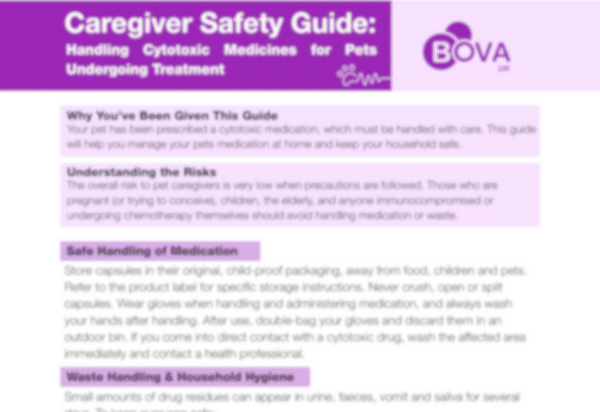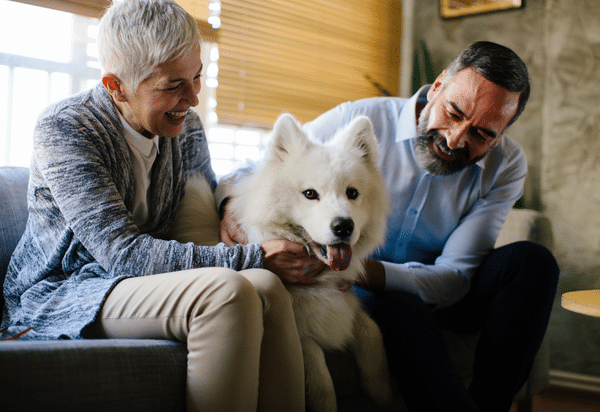Metronomic Chemotherapy (2020)
Overview
The definition of metronomic chemotherapy can vary, but it generally refers to the repetitive administration of low-dose chemotherapy drugs aimed at minimising toxicity while targeting the tumour microenvironment, such as the endothelium or stroma, rather than directly attacking tumour cells.
This approach involves the chronic administration of chemotherapeutic agents at relatively low, minimally toxic doses without prolonged drug-free intervals. Originally developed to overcome drug resistance, metronomic chemotherapy shifts the therapeutic focus from the tumour itself to its supporting vasculature.
Studies suggest that metronomic chemotherapy may function as a multi-targeted cancer therapy. In addition to its anti-angiogenic effects, it may restore anticancer immune responses and induce tumour dormancy.
Combining metronomic chemotherapy with conventional chemotherapy, radiotherapy, or targeted therapy is an emerging and promising anti-cancer strategy.
Presenters

Dr. Rodney Ayl BSc BVSc MRCVS
Rodney grew up in Zimbabwe and graduated from the Faculty of Veterinary Science at the University of Pretoria in South Africa in 1985. He practised large animal medicine in Zimbabwe before moving to the USA the same year. He completed a small animal internship at the Animal Medical Center in Manhattan, NY, before beginning his residency in medical oncology at The Ohio State University in 1989. He achieved board certification in medical oncology in 1994, and in radiation oncology in 2000.
Rodney has developed oncology departments and provided consulting services in various practices and laboratories. He has lectured throughout the United States and internationally on a range of oncologic topics. He has authored and co-authored numerous articles and publications and has conducted research on multidrug resistance, mast cell tumours, and oral melanoma.
Rodney was in private referral practice in medical and radiation oncology in Southern California from 1993 until April 2019, when he returned to the UK to develop the Oncology Department at Paragon. He specialises in the application of multi-modality therapy protocols for the treatment of cancer in animals, using a patient- and client-focused approach.







